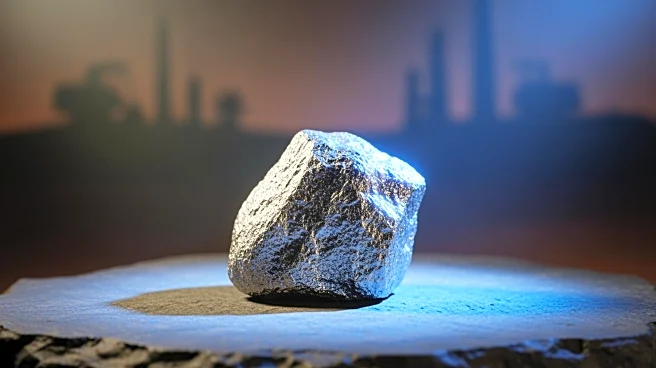Rapid Read • 6 min read
Budae Jjigae, also known as Korean Army Base Stew, is a dish that emerged from the aftermath of the Korean War, combining American processed meats with traditional Korean ingredients. The stew includes items like Spam, hot dogs, and canned beans, mixed with kimchi, tofu, and gochujang. This fusion dish was born out of necessity during a time of food scarcity, when Koreans utilized surplus ingredients from U.S. military bases. The dish has since become a staple in Korean cuisine, reflecting a blend of cultures and the resilience of the Korean people during difficult times.
AD
The creation of Budae Jjigae highlights the impact of historical events on culinary traditions and cultural exchanges. It serves as a reminder of the Korean War's lasting effects on Korean society and the adaptation of foreign elements into local culture. The dish symbolizes the resourcefulness of Koreans during a period of scarcity and the blending of American and Korean culinary practices. It also underscores the broader theme of how conflict and necessity can lead to innovative cultural fusions, influencing food culture and identity.
AD
More Stories You Might Enjoy











